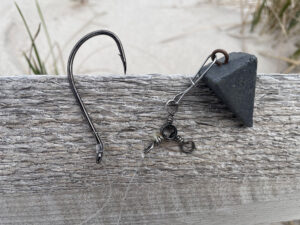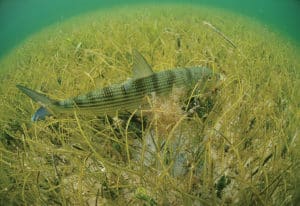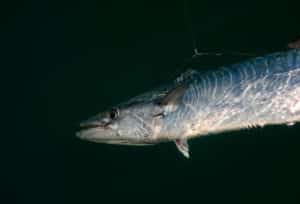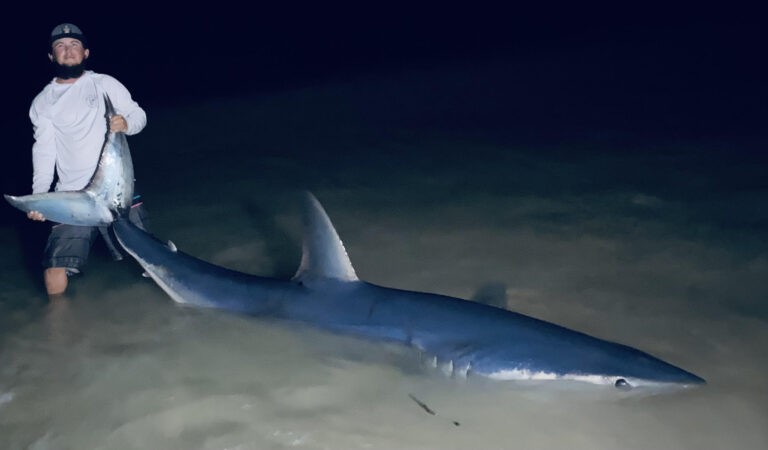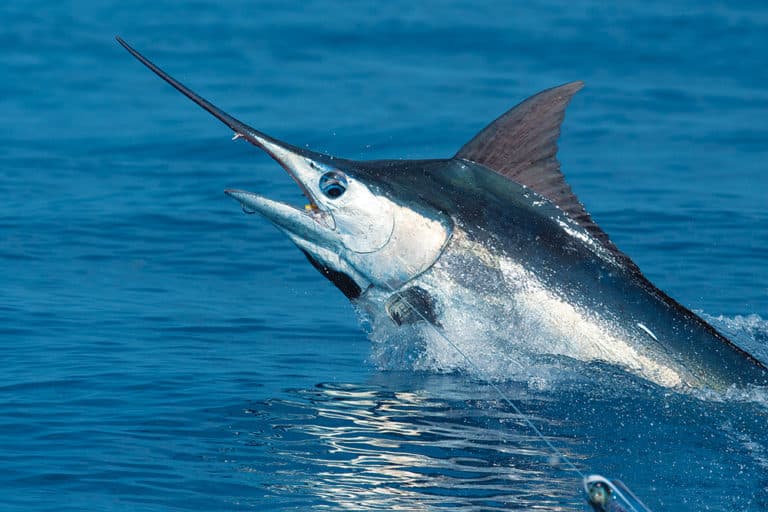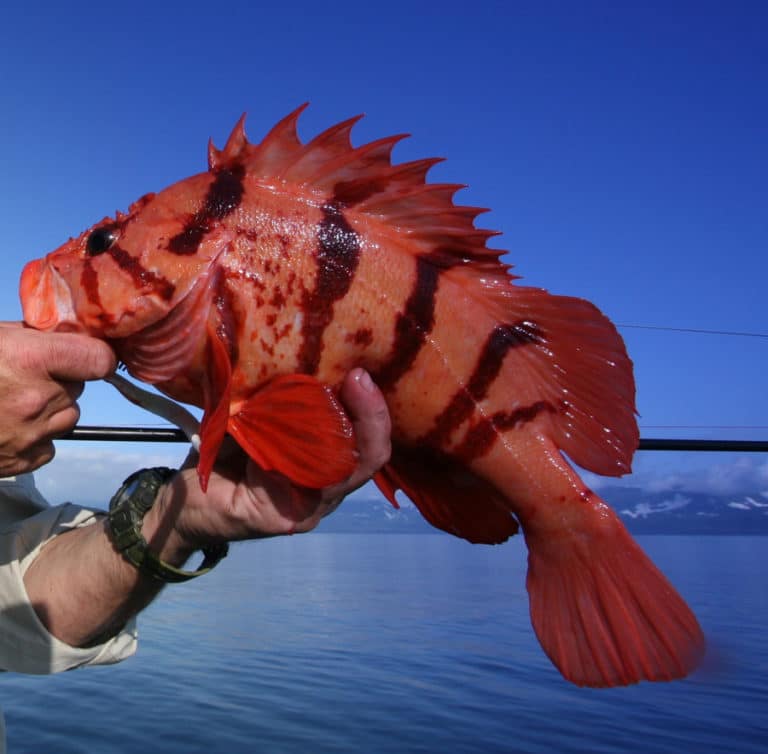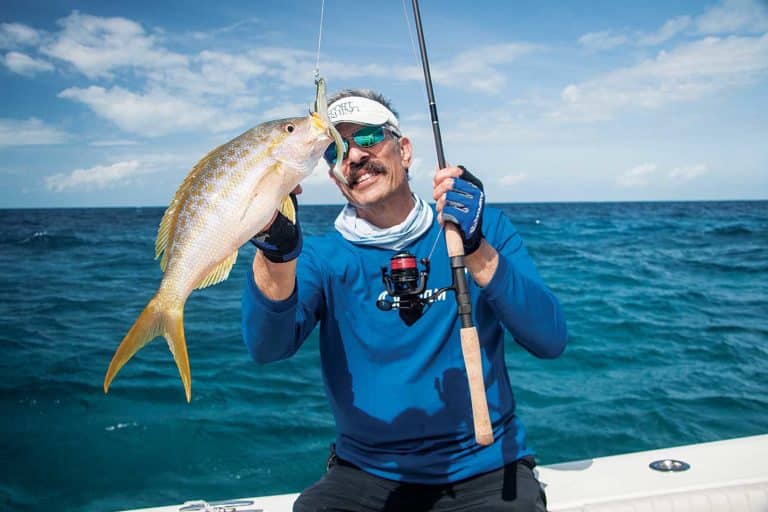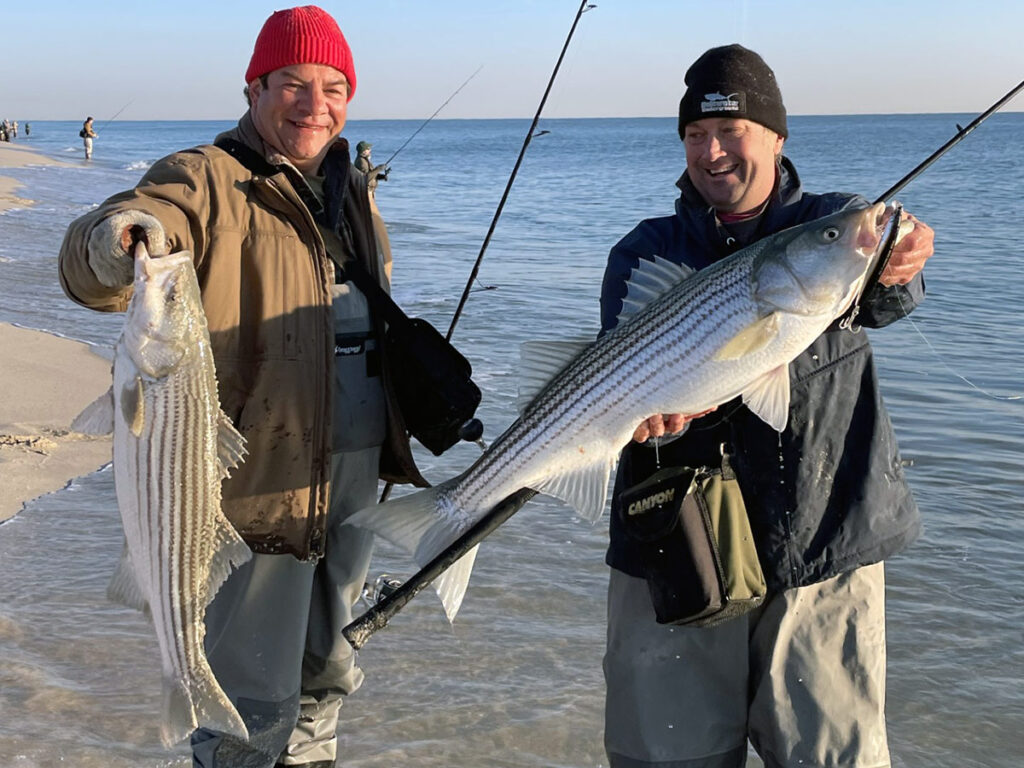
Mug – (verb) to hold up, knock-off, loot, plunder, hijack, swindle.
If you’ve fished the beach long enough, you know what mugging is. Loosely defined, it’s the direct, uncomfortable encroachment of the area you are fishing by another angler, usually occurring after that said angler sees you hook up. Or it could happen when said angler thinks there’s enough room to fish the same exact spot as you. However you look at it, you know what it feels like when it happens and it can lead to expletive-laden verbal exchanges, fistfights, and even missed fishing time. And no one wants to destroy a fishing outing. So how do you know if you’ve been mugged or if you’re doing the mugging? Here are a few quick guidelines to follow to keep you on the straight and narrow.
First Come, First Served
The Golden Rule. If you are the first one to get to a spot, then that spot is yours to fish. No other angler has the right to mug you. Get up earlier if you want to put a claim on a spot.
If the Bait Fisherman Was There First
An angler is the first to the beach and sets up two sandspiked clamming rods in a hole. Other anglers should not fish anywhere between the deadstick rods but should stay and fish on the outermost sides of the rods. Some mornings I walk up to the beach to what I want to consider “my hole” to start plugging, only to see a deadsticker there. I feel trespassed, but he was there first, and it’s his hole to fish, plain and simple. I move on. Which leads me to the 30/50-yard rule.
The 30/50 Yard Rule
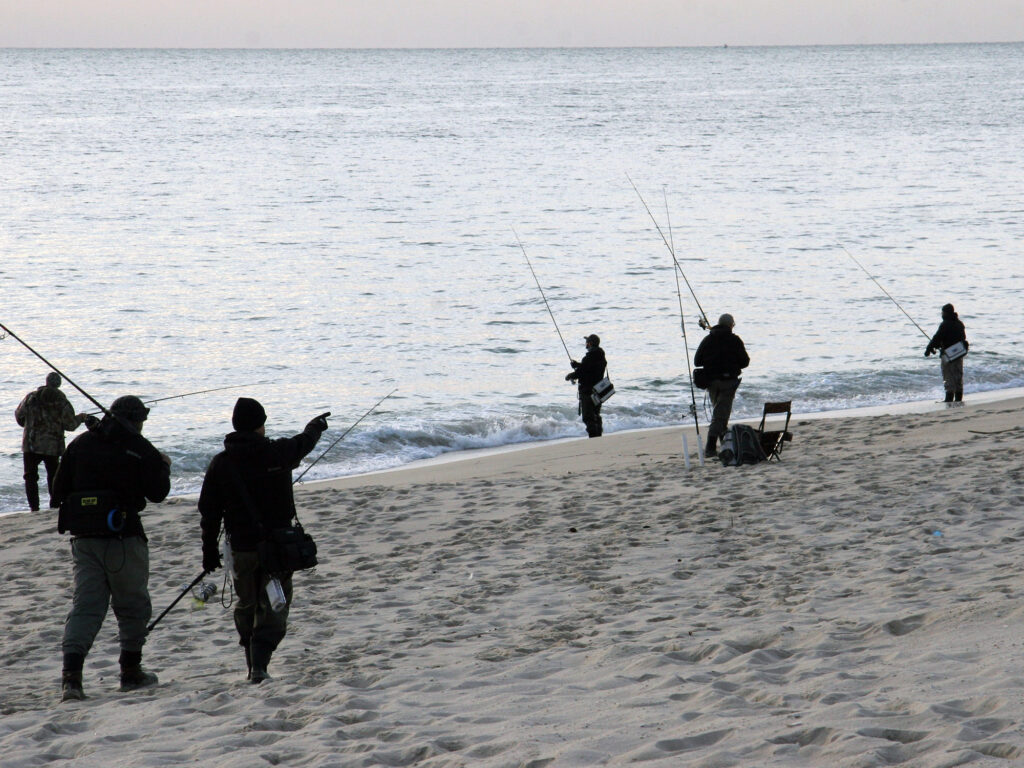
If a deadsticker is set up in a hole, and I want to plug, it is not considered mugging to walk 30 yards down either direction from his outermost rods and start making casts. However, if you are also bait fishing, it’s best to go down to the next hole to set up camp and stay at least 50 yards away. When anglers are plugging, a comfortable distance between anglers actively fishing is usually 30 to 50 yards.
Boat Versus Surf Fishermen
The concrete rule. No boat should fish so near the shore to be in the surfcaster’s average casting distance without expecting repercussions. Surf fishermen should get first dibs on surf fish — beach anglers are limited in the water they can cover, while boaters are not. If a boat fishes bunker schools or boiling striped bass close enough to read the writing on a surfcaster’s hat, the boater is too close. A boater shouldn’t be surprised by possibly getting hit by errant plugs, heavy metal jigs or weighted bunker snags. Surfcasters need not give way to a boater fishing inside the breakers.
Blitz Fishing Conditions
This one can get really dicey in the heat of the moment, so it’s best to keep your actions ultra-simple. Don’t cut in. An angler walks up to the beach to see striped bass and bluefish busting the surface. If the pack of anglers is tight, don’t walk down and begin casting between two anglers already spaced evenly apart. You’ll encroach their already established personal space and screw up the whole dynamic. Walk to either end of the pack, anticipating the school’s movement and begin casting. The school moves, then the other anglers pick up and frog hop to the forward-progressing end of the line to begin casting again. Don’t cut in between anglers. It will only lead to crossed lines, potential hooks in the face, and missed fishing time.
A Baitfish Frenzy
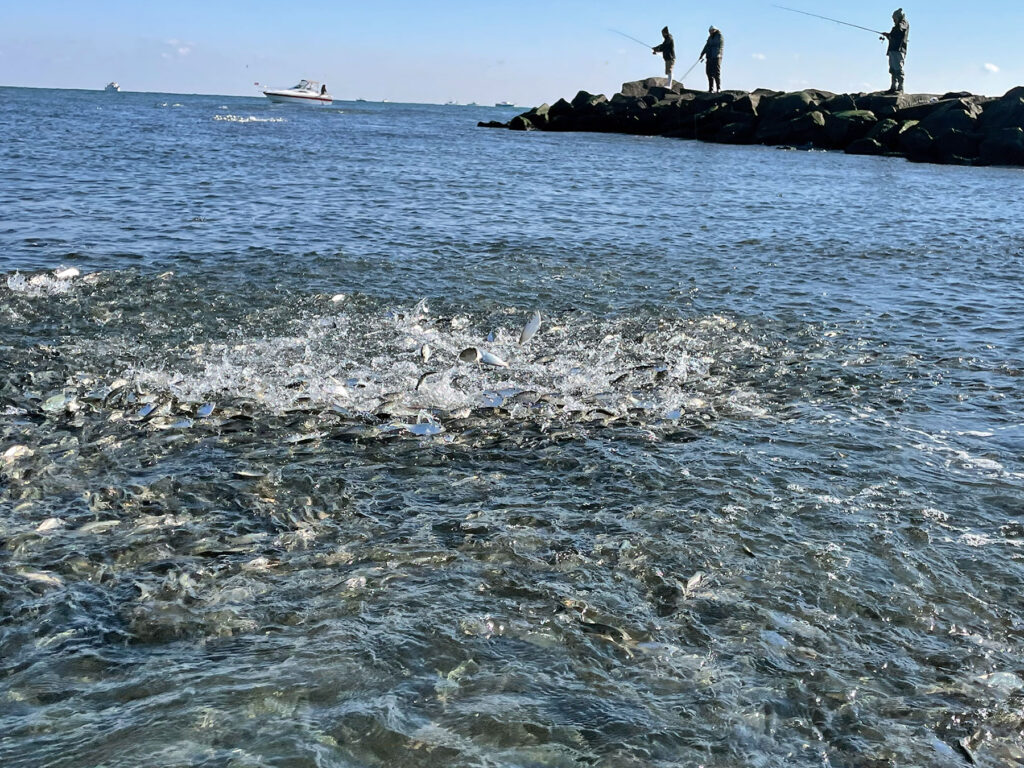
In crazed excitement, when adult bunker schools come in close enough to cast to, it can get competitive from the beach. Always stay on the outskirts of the snagging crew. Say there are five guys all snagging bunker, but the school has begun to move south fast. You are on the tail end of the snagging crew. Don’t pick up and muscle your way in between anglers 2 and 3, or 3 and 4, but instead frog hop the entire bunch of anglers and intercept the school ahead to start snagging again. This rule applies only if the pack of anglers is fairly tight. If not, see the 30/50-yard rule (above) in respect to re-entering the snagging crew in the middle.
Beach Buggies Versus Walk-On Surf Anglers
Beach buggies have the decided advantage when chasing blitzes and scoping out spots. Still, anglers with beach vehicles shouldn’t mug other peoples’ spots. This is how it goes sometimes: Too many beach buggy anglers sit in the comfortable heat of the truck with binoculars without making casts. Once a walk-on has a bent rod, many times the buggy will scream on over, run out of the truck, and start casting right next to the guy hooked up. Bad move. It’s not bad to want to fish where the fish seem to be, but buggy anglers shouldn’t do drive-by muggings. A nice gesture would be to ask the walking angler if he minds you casting nearby. Common courtesy wins out.
Respect Other Anglers
When surf fishing, whether it’s in Jersey, North Carolina or Montauk, all that really matters is common sense and a little respect. Sure, there will be days when it’s a ghost town and you have the beach all to yourself, but there will also be days when it is jam-packed. React accordingly. The saying goes, “Do unto others as you would have them do unto you”, or something like that. If it feels like you are mugging somebody, chances are you are. Whether you’re a local living year-round in a beachside community, a part-timer who owns a house or rents to enjoy a few months out of the year, or a day tripper driving from inland towns to enjoy the beaches, we are all fishermen. All of us have the same rights, respects and responsibilities to share the beach equally.

